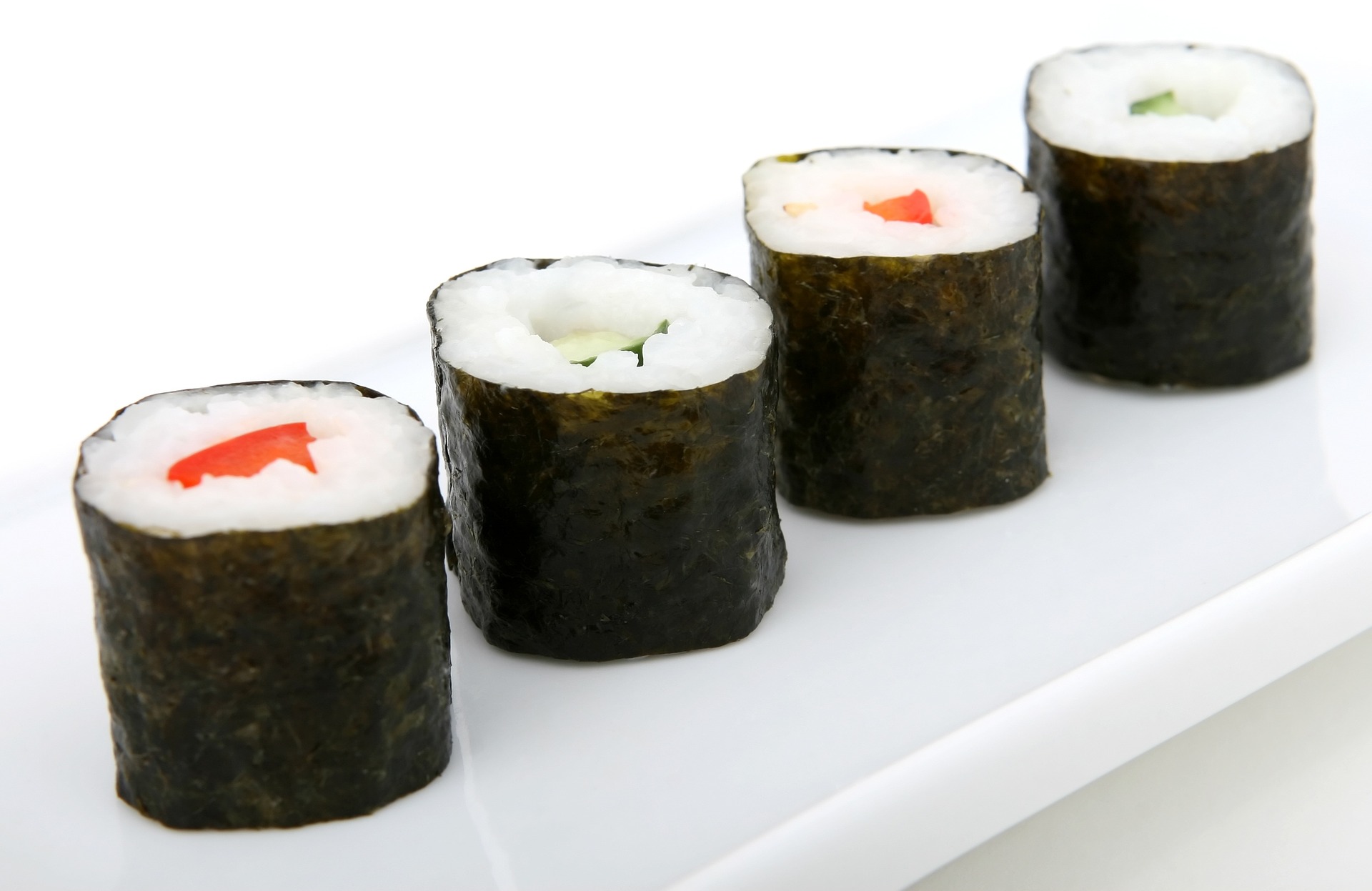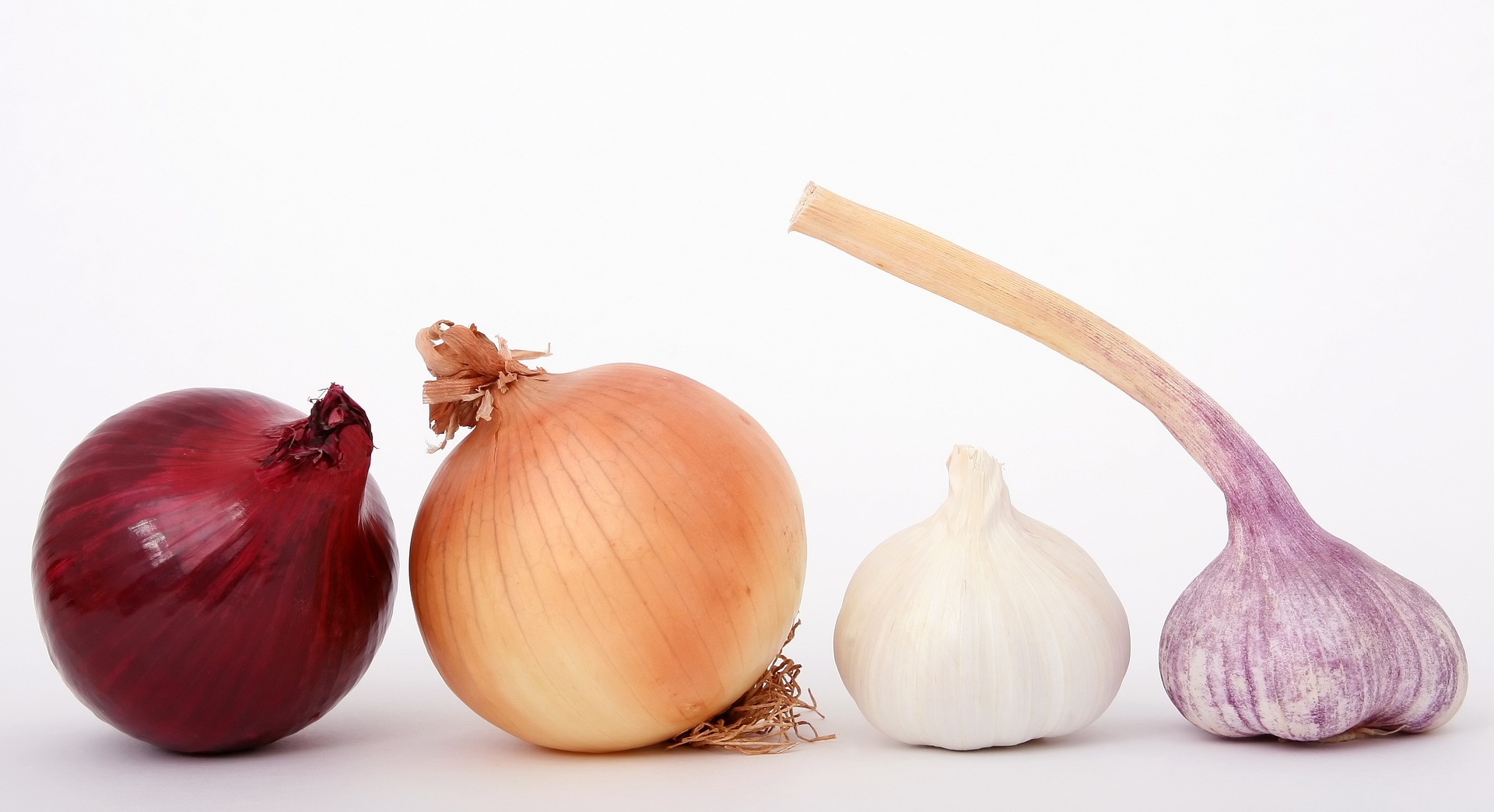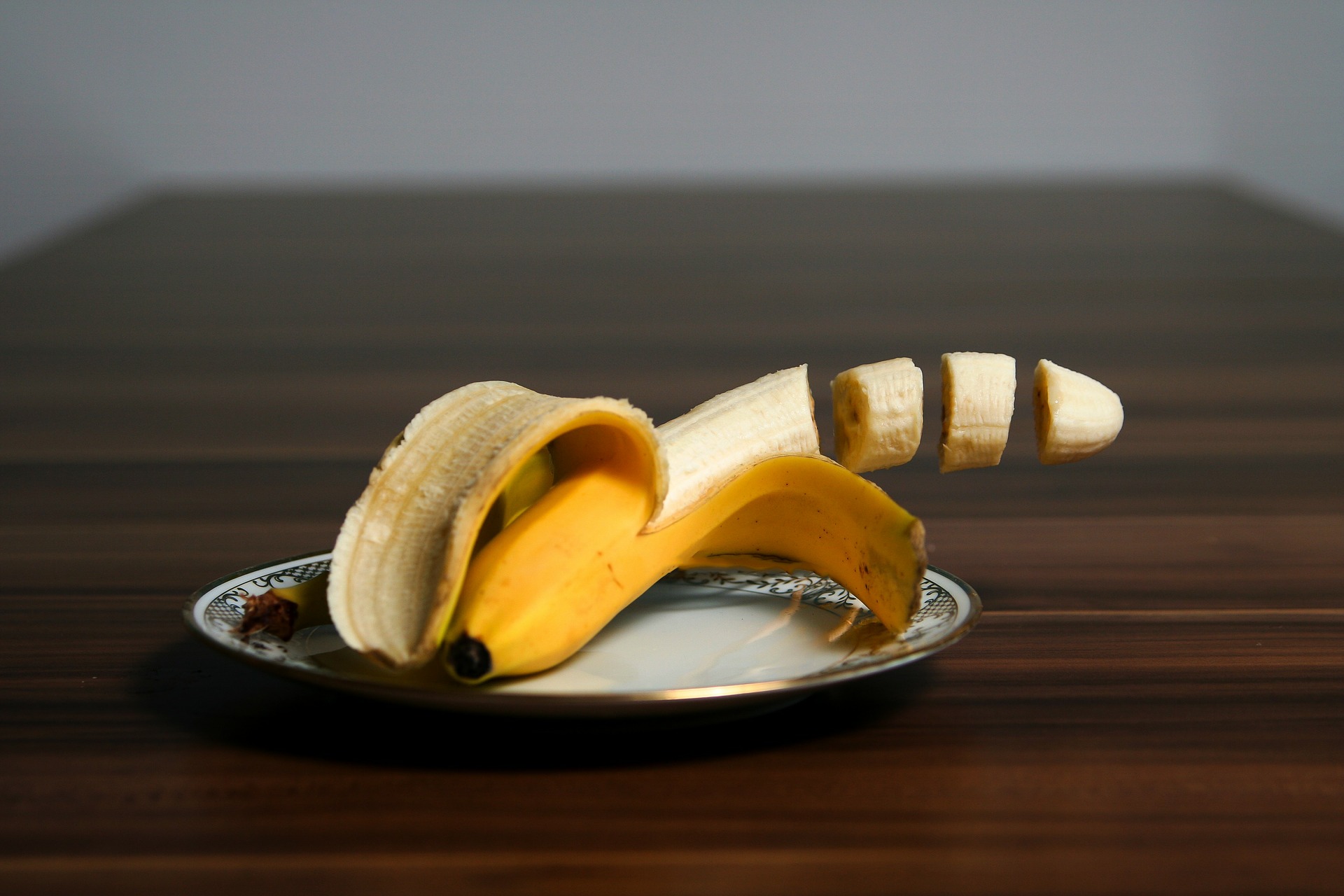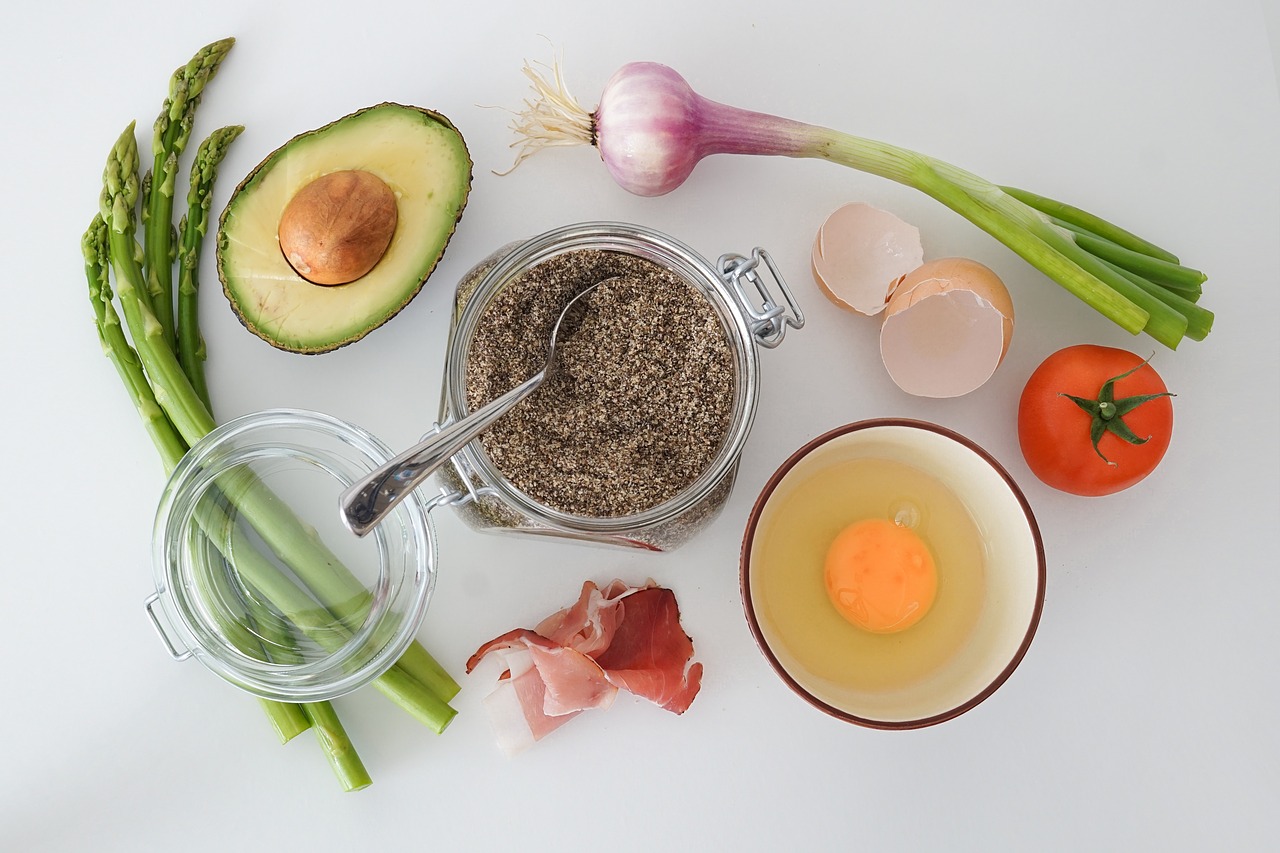The HONEST Real truth about eating whole and real food
A day with the world's leading microbiologist
So two weeks ago I got to spend the day with one of the world's leading microbiologist talking all things bacteria and the profound effect it has on our health & wellbeing. Their research is mind blowing and so fascinating.
Whilst the day was mostly dedicated to the impact of an undergrowth, overgrowth, colonisation or infection of specific bacteria and their role in brain-gut conditions, there were so many take away points that I thought were very useful to take on board.
More importantly, it is things that are in our control and can make all the difference before we head down a slippery slope of symptoms and debilitating conditions. Let’s not kid ourselves, that is definitely the predicated outcome IF we do not address the below points.
You can watch a summary of this post below:
Signs of a healthy gut:
Must absorb adequate nutrition, i.e no nutritional deficiencies
Good laxation, i.e regular, good formed bowl motions
Be without infection, i.e. bacterial infection within the digestive system.
The biggest factors affecting our gut ecology:
NUTRITION – Nutrition plays a fundamental part in the health our gut ecology. What you eat, feeds the bacteria, good & bad. If your gut bacteria is out of whack and you are eating a highly processed and packaged diet, this is essentially fueling the fire. Nutrition is key when healing the balance of our gut microbiome. Their research has also shown that little difference is made to the balance of the microbiome when short term dietary changes are made. The real benefits are had when there is proper compliance to a healing wholefood way of life for a minimum of 2 years, 3 ideally. The foods that fuel the health of our gut ecology and should be consumed on a daily basis include:
Broth – multiple times a day
Plenty of vegetables – eat the rainbow
Fat – essential for cellular health
Soluble & insoluble fibre
Moderate protein
SUGAR – This little sucker got it's own mention. It was suggested that refined sugar is evil in terms of bacteria and should be removed from the diet at all cost – no real big surprise here
STRESS -Do not underestimate the impact that long term and short term stress have on the gut ecology. It was suggested to find ways of managing stress on a daily basis and to maybe meditate for 20 minutes a day.
PHARMACEUTICALS – The persistent and recurrent use of the likes such as Panadol, aspirin, ibuprofen and antibiotics are particularly damaging to the gut microbiome when no rectification methods are put in place after use. They are also known as gut scrapers.
In Summary
- Eat a wholefood real food diet with plenty of vegetables and include multiple cups of broth daily
- Manage stress on a DAILY basis to calm the nervous system
- Avoid EXCESS use of common pharmaceuticals. If needed, ensure repair/healing work follows soon after use.
If you need help addressing the health of your gut or improving your wellbeing, get in contact for a FREE 30 minute coaching session or book in a 90 Minute Nutrition & Wellness Audit to get you started in your journey.
Chantal is an Accredited Nutrition & Wellness Coach with a special interest helping mum's transform the health of their family using healing wholefood and transformational wellness practices.
Packing a Gut Friendly Lunchbox
Holy Moly – here we are again. Back to school and packing lunches. It was fabulous to have a break from it, but I’m keen to get back into all things routine until I’m not again! Lol.
Today’s article will be short and sharp.
We are all busy doing the best we can, but let’s not forget that the health of our children is in our hands. We have such a short period of time to have a profound effect on the foundation of their health, and that is primarily through nutrition and wellness practices. For the purpose of today, the focus will be on nutrition.
You can listen to the audio summary of the article here:
Here are some of my top tips for packing a gut friendly lunchbox:
Wholefood ingredients AS MUCH AS POSSIBLE is the first start. Look at what you are currently packing and ask how can you improve it from there. Just start somewhere.
Make the base ingredients the best quality you can afford. For example:
Use sourdough bread instead of conventional commercial baked bread to avoid the plethora of additives and preservatives
Use spelt bread for a lower gluten load
Try making your own loaf from time to time using quality ingredients
Use good quality grassfed butter, even better, make it organic – AVOID MARGARINE AT ALL COSTS, even the so called “healthy ones”
Check the ingredients of cheese, it should only contain 4 ingredients, NOTHING ELSE. Stay away from the plastic wrapped cheese....need I say more?
Do not be afraid to use butter liberally (if it can be tolerated of course)– it contains amazing fat soluble vitamins that is needed for optimal development, not to mention great for cellular health and stabilisation of blood sugar levels. I know what you are going to say next, but it doesn't spread that easily. Solution - take it out 2 minutes before you need it - PROBLEM FIXED - USE REAL BUTTER
Instead of a packaged/processed item for recess, include a homemade baked goodie. When using quality ingredients and wholefood sweeteners (in moderation) these actually provide nutrients rather just empty calories and a chemical sh&t storm. Try out a new recipe at home for a snack or on the weekend BEFORE putting it into the lunchbox.
Use left-overs where ever you can, either as a sandwich filling or in a thermos container
If you are incorporating a packaged item of some sort - CHECK THE LABEL. Ask yourself, will my child's body recognise these ingredients as a food?
Avoid those sugar laddened poppers claiming to be healthy. Did you know one 250ml popper can contain 5-7 tsp of sugar??!!!! There is nothing wrong with water. Make fruit infused water if they need some flavour
If you are wanting to move to a more wholefood lunchbox, include food items your child will like. For example, if I was to put a blueberry muffin into my son’s box, I can guarantee you it will not be eaten. Put in a savoury type muffin and it will be gobbled up. Vice versa with my daughter.
Lastly, but most importantly.....PLAN IT & BATCH IT. I am not even going to pretend that it is super simple and easy to just whip up healthy nourishing lunchboxes EVERYDAY for weeks on end. However, you can simplify and move through it with ease by planning first and foremost and then batching it.
To combat the issue of the food not eaten or going to waste. I have a rule – “What is not eaten at school will be eaten as a snack when they get home BEFORE anything else is provided” I am very firm with this and so far this has worked really well.
To help you with some inspiration beyond the humble sandwich, I’ve put together a Snacks & Lunches Guide that provides 26 Snack & lunch ideas (sweet & savoury) and 10 of my favourite recipes that are well recycled and on high rotation in my house. The majority of the recipes are freezer & batch cooking friendly.
Click on the BUTTON below to get it delivered straight to your inbox.
Chantal is a Certified Nutrition & Wellness Coach with a special interest helping stressed and overwhelmed parents implement gut healing protocols using a personalised step by step approach to improve the health of their family.
Improving the health of your gut is not just about popping a probiotic!
Improving gut health is becoming much more main stream, which is awesome news, however the message being relayed most of the time is to pop a probiotic and "ALL WILL BE WELL"!
That is simply not the case. We need to understand the fundamentals and that is, the pathway to Health and Wellness is through nutrition, wholefoods and healing wholefoods in particular.
To think that a typical Western diet can be consumed alongside popping a probiotic is not going to cut it, in fact it could be harming instead.
The focus is ALWAYS going to be on consuming a wholefood diet, gut bacteria diversity and feeding the beneficial bacteria through the intake of PREBIOTIC foods so that a healthy digestive system can be maintained.
What is Prebiotic Food?
It is simply types of food with dietary fibre that feeds the friendly bacteria so that they can grow and multiply
Why is Prebiotic Food needed?
It’s helps the gut bacteria produce nutrients for your colon cells which ultimately leads to a happier healthier digestive system
The difference between Probiotic & Prebiotic Food?
Probiotics – are the beneficial bacteria
Prebiotics - are food that feed the beneficial bacteria.
So not only do you want to increase and diversify your beneficial bacteria via fermented foods and drinks preferably, you also want to eat foods that feed this beneficial bacteria so that they can multiply
THE TOP PREBIOTIC FOODS TO CONSUME:
1. Chicory Root – it’s inulin fibre promotes gut bacteria, reduces constipation and helps break down fat
2. Dandelion greens – increases beneficial bacteria, reduces constipation and is fabulous for the immune system.
Usage tip – add to salads
3. Jerusalem Artichoke – once again the inulin fibre content increases the beneficial fibre and boosts the immune system
Usage tip – can be eaten raw or cooked
4. Garlic – so many health benefits. Promotes bifobacteria in particular and prevents the growth of disease causing bacteria
Usage tip – add it anything you can, such as casseroles, stews, soups, dips, salad dressing, hell even swallow a clove like a tablet. So easy to include this multiple ways daily
5. Onions- Food for the beneficial bacteria, boost the immune system and helps with digestion
Usage Tip – consume either raw or cooked. Add to salads, pickle it, use as base in stews, casseroles and soups
6. Leeks - Comes from the same family as onions and garlic and therefore have the same properties
Usage tip – Use as a replacement for onionsin bases for stews, casseroles and soups
7. Asparagus – Not my most favourite vegetable I have to admit! Helps promote friendly bacteria.
Usage Tip – Serve steamed with garlic & hot butter butter
8. Bananas – Who doesn’t love a banana? Increases healthy bacteria in the gut and is known to reduce bloating
Usage Tip – eat as is, add to smoothies, use in baking.
9. Barley – promotes the growth of friendly bacteria
Usage tip – Always soak prior to use to reduce the lectin factor. Use in soups, stews or as porridge
10. Oats – Promotes healthy gut bacteria and improve blood sugar control
Usage tip – with any grain, soak before using. Use in home-made muesli, porridge, baking in a myriad of ways
11. Apples – It’s high pectin fibre content helps promote beneficial git bacteria and helps to decrease harmful bacteria.
Usage tip – eat organic if you can. Conventional grown is ridiculously high in pesticides. Eat raw with a fat if possible such as a nut butter or use in cooking. Pureed apple can even be used an egg replacer
12. Cocoa – promotes healthy gut bacteria
Usage tip – Use the best quality possible in baking, bliss balls, home-made chocolate and hot chocolate
13. Flax seeds – It’s fibre promotes healthy gut bacteria, promotes regular bowel movements and reduces the amount of dietary fat you absorb and digest
Usage Tip – Grind them up and add to smoothie, make chia puddings, use as an egg replacer and add to baking. I believe these are best consumed when they’ve been soaking in a liquid for a period of time and resembles a gel like texture
14. Seaweed – Such a great food to add to your diet – increases the population of friendly bacteria, reduces harmful bacteria and boosts the immune system
Usage Tip – Add to the diet in the form of dulse flakes which provide a wonderful flavour to soups, stews and broth. Make some dipping nori chips or simply make some sushi
The Bottom Line:
Eating prebiotic foods are just as IMPORTANT as consuming probiotic foods if you want to improve the health of your gut and maintain a healthy digestive system.
If you eat a broad, varied healing wholefood diet, you will be consuming these foods by default anyway!
ACTION STEP FOR YOU - Make a list of the above foods you are consuming anyway and a list of foods you can incorporate WITHOUT causing overwhelm.
If you are feeling stuck with your Healing Wholefood journey, book in for a complimentary Health Mapping Session. The purpose of this session is clearly define where you are, where you need to be and some actionable steps to help you move forward.
Chantal is a Certified Nutrition & Wellness Coach that specialises in helping stressed and overwhelmed mums heal their children with wholefoods using a personalised wholistic step by step approach.









